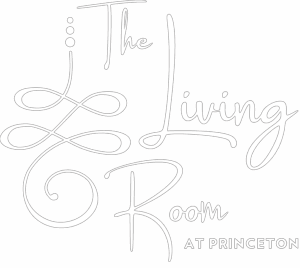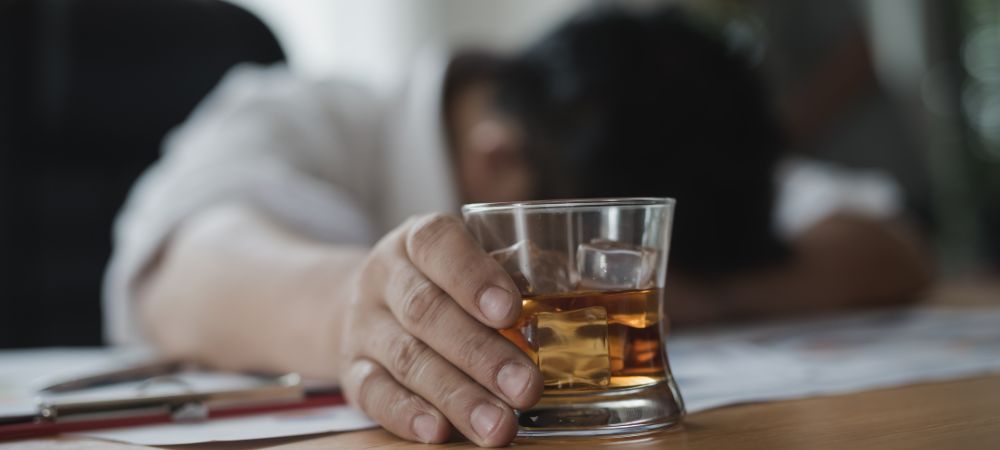Alcohol use is common in the United States. Studies show that over half of adults in the country admit to drinking alcohol at least occasionally.
Because alcohol use is so common and widely accepted, some people struggle with alcohol abuse for a long time before getting treatment–and many never get the help they need to recover.
Many things prevent people from getting treatment for alcohol dependency. They may worry about the cost of treatment or losing their job. Or, in many cases, they may not know what to expect during rehab.
The first step of alcohol addiction treatment is detoxification. Alcohol detox can be very challenging. People often experience withdrawal symptoms if they suddenly stop drinking alcohol.
Knowing what to expect during alcohol withdrawal can help you stay focused on recovery during challenging periods. This article will detail the alcohol withdrawal timeline. You will learn common symptoms, how long alcohol withdrawal lasts, and what to expect during treatment at each stage.
Contact The Living Room New Jersey specialists to explore our detox and treatment programs. Our team of medical and mental health professionals will help you manage the symptoms of alcohol withdrawal syndrome.
The care you receive at The Living Room will help you have a safe, complete detox. Contact us now to get started toward a healthier future.
Alcohol Abuse and Addiction: An Overview
Alcohol is available in many social settings. People may purchase alcohol easily, and it is relatively inexpensive.
The Centers for Disease Control (CDC) advises people to drink moderately. It defines moderate drinking as:
- One or fewer alcoholic drinks per day for women
- Two or fewer alcoholic drinks per day for men
The CDC defines heavy drinking as:
- Eight or more alcoholic drinks per week for women
- Fifteen or more alcoholic drinks per week for men
Heavy drinking is associated with short and long-term consequences. People who drink heavily for a long time may have an increased risk for cardiovascular disease, certain cancers, stroke, and other life-threatening complications.
People who engage in binge drinking or who drink heavily may develop physical dependence on alcohol. People who develop an alcohol use disorder (AUD) often require professional treatment to stop drinking and avoid relapse.
What are Common Alcohol Withdrawal Symptoms?
Alcohol decreases central nervous system (CNS) activity. When you drink alcohol, your body compensates for the effects of alcohol by increasing CNS activity.
If you drink heavily for long periods and then stop, your body will exhibit symptoms of alcohol withdrawal. Symptoms include:
- Heavy sweating
- Tremors
- Headache
- Nausea
- Vomiting
- Anxiety
- Insomnia
- Increased heart rate
Symptoms may range from mild to severe. People may experience different symptoms throughout detox.
In rare cases, people may develop a severe condition called Delirium Tremens (DT). Symptoms of Delirium Tremens include:
- Dangerously elevated temperature
- Hallucinations
- Extreme confusion
- Seeing or hearing things that aren’t there (hallucinations)
- Seizures
Delirium Tremens is a life-threatening condition. People who develop DT must receive immediate medical attention.
The Alcohol Withdrawal Timeline: Symptoms and Treatment
Every person has their own experience with alcohol withdrawal. Many factors can affect the severity and duration of your symptoms. However, symptoms typically follow a standard timeline.
Here is what you can expect during each stage of the alcohol withdrawal timeline.
Stage 1: 12 hours after your last drink
Your withdrawal symptoms are likely to develop within 6-12 hours of your last drink. Symptoms may include:
- Tremors
- Anxiety
- Headache
- Nausea
- Vomiting
- Heavy sweating
- Insomnia
You may feel very uncomfortable and experience intense cravings for alcohol. This can make it challenging to avoid relapse.
In an alcohol detox program, medical professionals will monitor your symptoms. They will give you medications to reduce your discomfort and keep you safe.
Stage 2: 12-24 hours after your last drink
You may continue to be very uncomfortable as you approach 24 hours without alcohol. Symptoms at this stage may include:
- Sweating
- Vomiting
- Nausea
These symptoms can lead to dehydration. In a detox program, your treatment team will give you medications to reduce nausea and other withdrawal symptoms. They will provide medical treatment for dehydration and other conditions, if necessary.
Stage 3: 24-48 hours after your last drink
You may feel tired and irritable as you enter your second day of detox. Physical symptoms remain, including:
- Nausea
- Tremors
- Sweating
- Anxiety
These symptoms may last for several days after your last drink. The risk of Delirium Tremens is highest during this stage of detox.
As your detox progresses, your treatment team will continue to monitor you around the clock. They will provide medications, medical care, and emotional support. This care will keep you safe and motivated during this challenging stage of detox.
Stage 4: The first week
After two full days without alcohol, your physical symptoms may begin to improve. You may feel more comfortable as the first week progresses.
While your physical symptoms may improve, psychological symptoms may worsen. You may experience:
- Depression
- Agitation
- Irritability
- Confusion
- Anxiety
You may still have frequent cravings for alcohol. Ongoing treatment and care are essential to ensure a complete detox and recovery.
Find Help Today
If you or someone you love needs treatment for alcohol use disorder, you are not alone. Contact The Living Room New Jersey specialists now to explore your treatment options.

